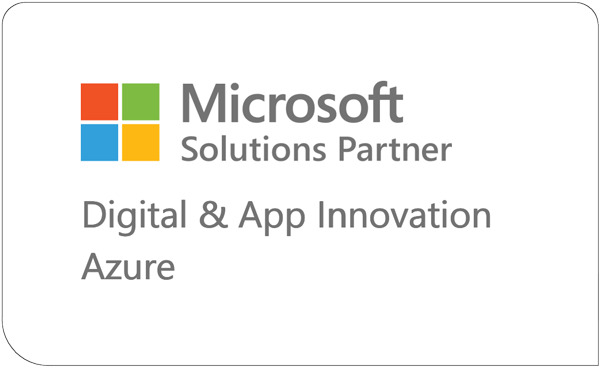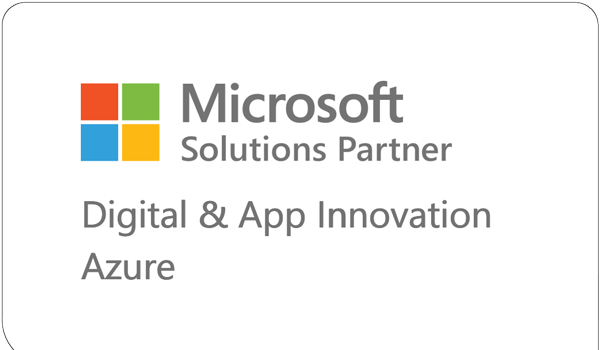October 2025 is approaching, and with it, the end of mainstream support for Windows 10 operating systems. This means that after October 14, Windows 10 will no longer receive free security updates, significantly increasing the security risk for both the individual computers running it and the broader IT environments they belong to.
Companies have two options:
- Extended Security Updates (ESU): With ESU, computers can still receive security updates, which provides critical security patches even after the end of mainstream support. ESU is available for up to three years, until October 2028, with increasing costs each year.
- Upgrade: Upgrade computers to a newer, supported operating system, Windows 11, to continue receiving regular updates and support.
Ensuring Security and Performance with Windows 11
It is a well-known fact that not all computers can be upgraded to Windows 11 due to hardware limitations and requirements imposed by Microsoft. For such computers, the only option is a replacement with a newer model to ensure continued security and performance.
For computers that are compatible with Windows 11 and have applications that support it, we strongly recommend upgrading to Windows 11 as soon as possible. This will ensure that systems remain secure, compliant, and capable of leveraging the latest features and improvements.
Windows 11 offers advanced security features like hardware-based protection, better authentication methods, and built-in phishing protection. These features provide strong defenses against cyberattacks, ensuring your systems stay secure from threats like credential theft and malware.
Streamline Device Management and Upgrade Process with MECM and Intune
We can help establish an upgrade process using the Microsoft Endpoint Configuration Manager (MECM), in cases where the company already uses this tool, or if it needs to be implemented in the environment from scratch. MECM is an on-prem solution which allows centralized device management, making it easier to deploy new systems and updates without additional software costs. MECM also excels in application deployment, providing detailed inventory and reporting.
If the company is also using any of the Microsoft 365 subscriptions:
- Microsoft 365 E3, E5
- Microsoft 365 Business Premium
- Microsoft 365 F1, F3
- Enterprise Mobility + Security E3, E5
- Microsoft 365 Government G3, G5
- Microsoft 365 Education A3, A5
We can help set up Microsoft Intune, as the license for Intune is already included in these subscriptions. After that, Intune can also be used as a tool to upgrade onboarded Windows 10 devices to the latest Windows 11 operating systems and manage it afterwards.
Since MECM is an on-premises solution that handles Windows devices and servers, Intune, being cloud-based, offers the flexibility and scalability needed for managing devices in a modern, distributed workforce. Intune supports a wide range of devices, including Windows, Android, iOS, macOS, and some Linux devices. It also provides the upgrade process to Windows 11 for both company computers and those used in a hybrid environment or for remote work.
Upgrade to Windows 11 Seamlessly
Taking proactive steps to upgrade systems and manage devices is crucial as the end of mainstream support for Windows 10 approaches. By leveraging the capabilities of MECM and Intune, organizations can ensure a smooth transition to Windows 11, maintain robust security, and streamline device management across the enterprise. We can help with this process, providing the expertise and support needed to future-proof IT infrastructure. Contact us for more information.

